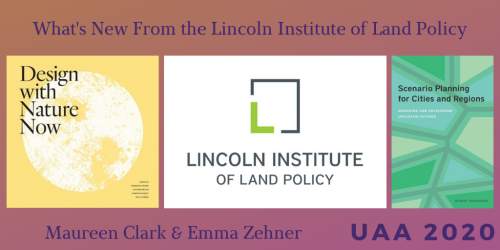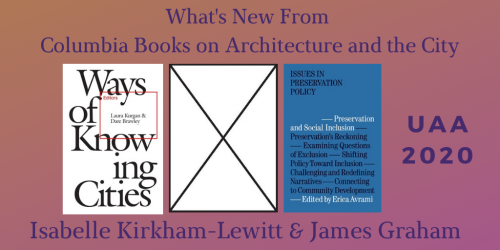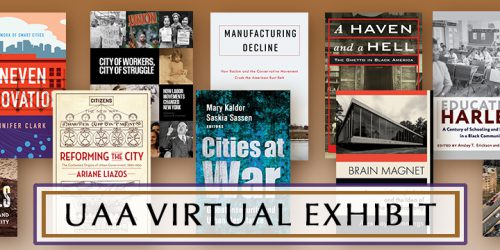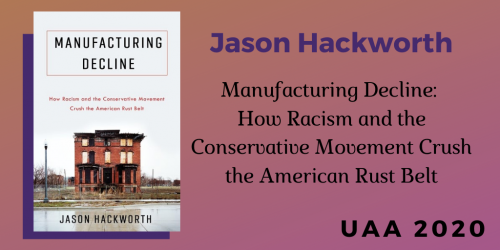Book Excerpt! Reforming the City, by Ariane Liazos (introduction)
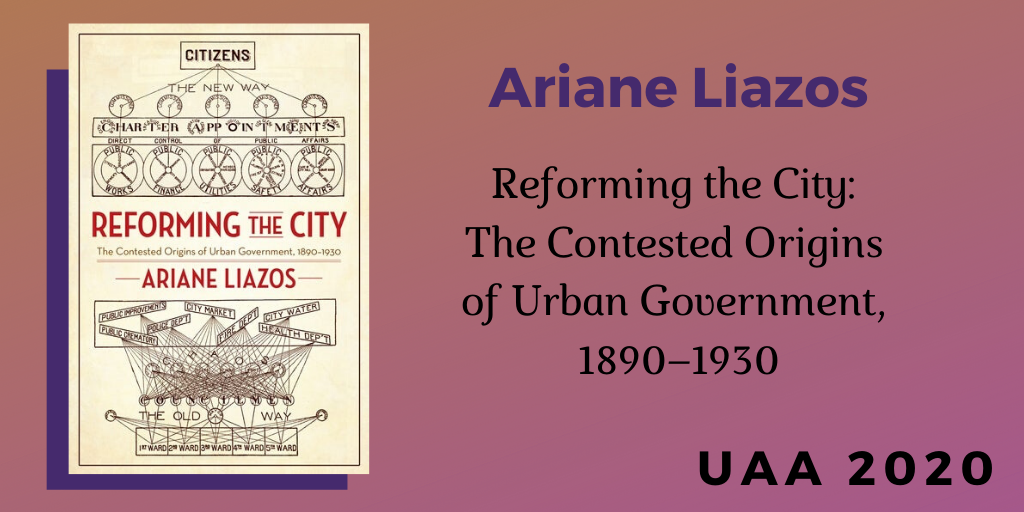
“A century ago, progressive reformers often thought expertise and nonpartisanship were the solution to extreme polarization and inequality in U.S. politics, as they do now. But Ariane Liazos dramatizes the unintended consequences of changes pursued in hundreds of U.S. cities in the early 1900s. The findings in Reforming the City hold important lessons for today’s democracy reformers, along with all students of American history and politics.”
~Theda Skocpol, Harvard University
In the last few weeks, many Americans have begun to notice aspects of our political system that they may never have considered. Our system of government is one of the most decentralized in the world, with not only governors but also mayors on the front lines of efforts to “flatten the curve” in the spread of the coronavirus. We are also seeing tensions between elected officials and appointed experts, with President Trump and Anthony Fauci, Director of the National Institute of Allergy and Infectious Diseases, offering contradictory advice. This crisis raises essential questions about the distribution of power in American democracy. How much power do we want to delegate to state and local government? And how much power do we want to delegate to professional experts in government bureaucracies at the expense of elected officials? In Reforming the City: The Contested Origins of Urban Government, 1890–1930, Ariane Liazos addresses these and other questions by exploring the urban reform movement that gave cities greater autonomy from state government and empowered appointed city managers in the administration of city government.

